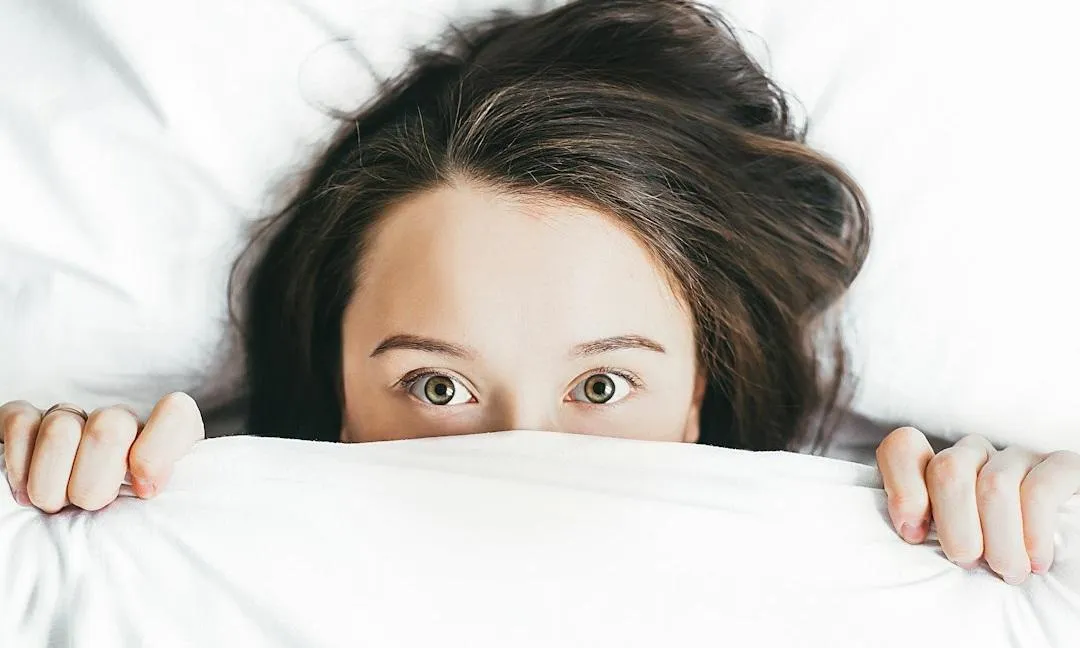
A simple trick for better sleep
Discover the Hidden Dangers of Sleeping in Plastic
Sleep is sacred. So why do we sabotage it with plastic?
Today, I am speaking from my own experience. If you’re someone who tosses and turns at night, wakes up drenched in sweat, or feels unrested even after 8 hours of sleep—this blog is for you. Yes, your sleep environment might be to blame. Specifically, what you're wearing and sleeping on.
Most modern bedding and pajamas are made from synthetic fibers like polyester, nylon, or blends marketed as “wrinkle-resistant” or “cooling.” These are all forms of plastic. And here's the alarming part:
When your body rests and regenerates at night, it also becomes more permeable—and more vulnerable to absorbing environmental toxins.
The Science: Yes, Your Skin Can Absorb Plastics
Your skin is not a complete barrier. It’s your largest organ, and it's semi-permeable. At night, your skin’s absorption increases because your body temperature rises and your pores open as part of its natural repair process. This is the same reason why skincare products work better at night.
Now consider this:
Polyester and synthetic fabrics are derived from petroleum-based chemicals, including antimony, formaldehyde, and phthalates (used in soft plastics).
Studies show that dermal absorption of phthalates is possible, especially in areas of prolonged contact and warmth (1).
Synthetic fabrics can also trap heat and prevent proper thermoregulation, causing night sweats and shallow sleep (2).
Even worse? Many synthetic fabrics are coated with flame retardants or anti-wrinkle chemicals that add a toxic burden to your body over time.
What Happened to Me: The Night I Switched to Organic Cotton
(Watch my story below — or click this link for the embedded video here)
In this video, I share how I used to wake up every night overheating, even in a cold room. I tried changing my mattress, adjusting my diet, and the list goes on—nothing helped. Until I read about how synthetic fabrics affect the body during sleep.
I realized:
My pajamas were polyester.
My pillowcases were microfiber (another plastic).
Even my sheets were labeled “easy care”—which really meant synthetic blend.
Within a few nights of switching to 100% organic cotton pajamas and sheets, my sleep transformed:
No more overheating.
No more waking up at 2am tossing and turning.
And I felt clearer, calmer, and lighter in the mornings.
Why Organic Cotton?
Let’s be clear: not all cotton is safe. Conventionally grown cotton is often treated with pesticides and bleaching agents. But certified organic cotton is:
✅ Free from plastics, bleaches, and pesticides
✅ Breathable and temperature-regulating
✅ Gentle on sensitive skin
✅ Sustainable and biodegradable
Health Isn’t Just About What You Eat—It’s Also What You Sleep In
In holistic wellness, we look at the entire picture—nutrition, movement, mindset, and environment. Your bed is where you spend one-third of your life. If you're cocooned in chemicals every night, no supplement or smoothie can undo that.
Simple Action Steps for a Cleaner Sleep:
You don’t need to be perfect to live holistically. But you do need to be aware. Making the simple switch from synthetic to organic fabrics changed my sleep, my skin, and even my mood.
And remember:
True healing happens when the body is allowed to rest deeply and naturally. Don’t let plastic stand in the way.
